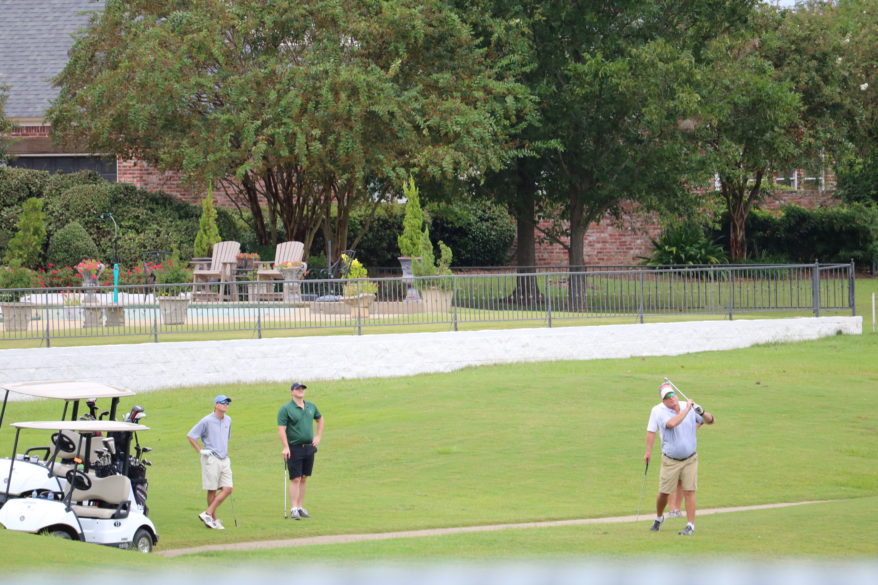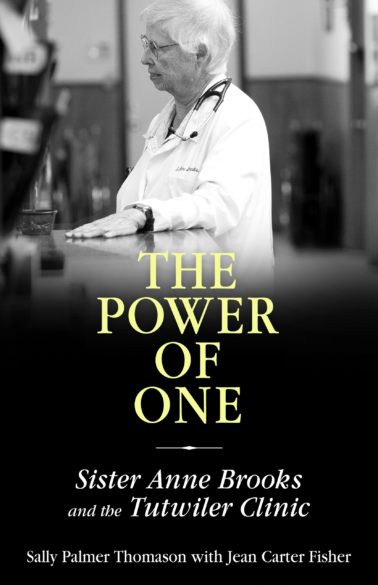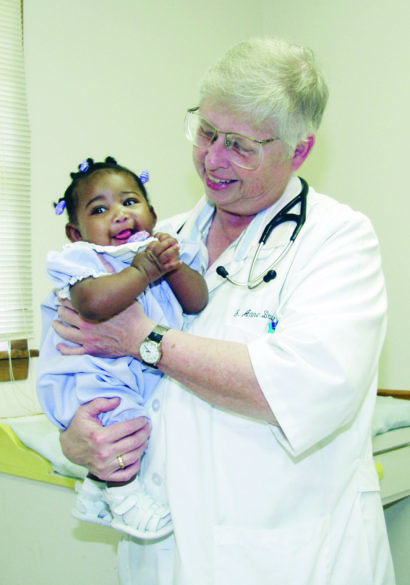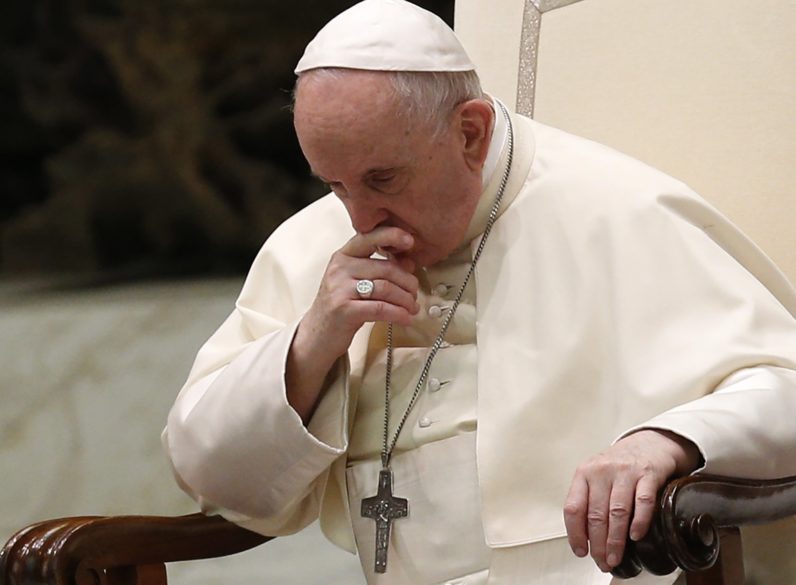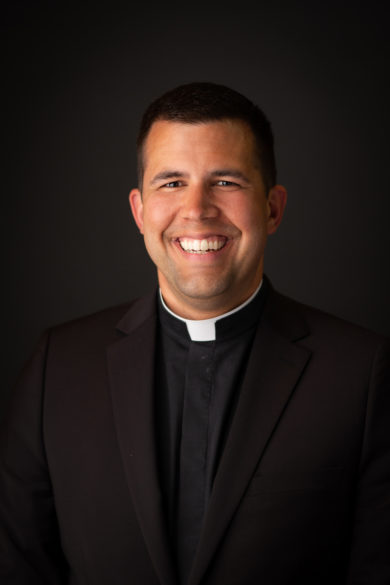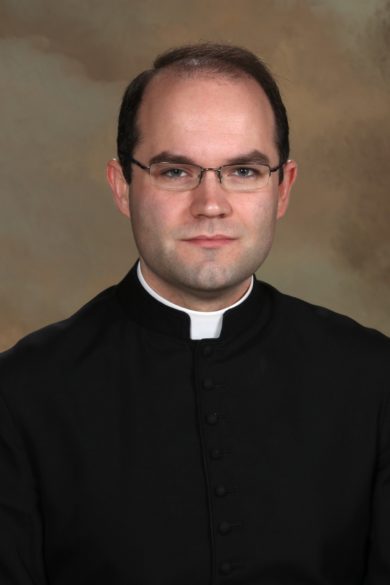JACKSON – On or about July 16, 2021, Assistant United States Attorney Scott Leary presented to Judge Sharion Aycock a motion for dismissal with prejudice of the Deferred Prosecution Agreement between the Diocese of Jackson and the United States Attorney General ‘s Office. The charges dismissed stemmed from the actions of a former priest of the diocese, Rev. Lenin Vargas. Judge Aycock signed the order granting the motion on Aug. 13, 2021, bringing to close almost three years of investigation and cooperation between the diocese and the government. As a result of the investigation, neither the diocese nor any diocesan chancery personnel were convicted or pleaded guilty to any charges of wrongdoing and no fines were levied against the diocese.
Over these past 30 months, the diocese has created a compliance program that reflects a commitment by the diocese to uphold the highest standards, best practices, and sound management techniques in the areas of diocesan and parish finances, ethical behavior of clergy and church personnel, and improved, transparent communications between the diocese, parish leadership and parishioners. A diocesan compliance committee was established and gave much insight and input into the development of the program.
The diocese regrets the following measures and programs were not in place three years ago. We are confident if they had been in place, we would have been more effective in dealing with the complaints made about Rev. Vargas.
This process of improving diocesan structures began in October 2018 with the appointment of Rev. Lincoln Dall as interim finance officer for the diocese by Bishop Joseph R. Kopacz. Rev. Dall was tasked with working with Carolyn Callahan, diocesan controller, to bring diocesan financial policies, protocols, and practices more clearly in line with Generally Accepted Accounting Principles (GAAP) and the USCCB’s Diocesan Financial Management, Guide to Best Practices.
With the commencement of the Federal Investigation in November 2018, of Vargas, at that time pastor of St. Joseph Parish in Starkville, and reports of his misappropriation of parishioners’ donations, the diocesan finance office cooperated with the investigation in order to facilitate reconciliation of parishioners with their funds and restoration of trust between the diocese, the parish and parishioners.
Throughout the past three years, leadership at the diocese has stabilized with Dall being appointed Vicar General and Callahan being named director of temporal affairs. Working with the diocesan Chancellor, Mary Woodward and Bishop Kopacz, the team has strengthened previous procedures that left the diocese vulnerable to potential mismanagement. Sound accounting practices and procedures have been implemented and an official human resources office has been developed.
The Office of Temporal Affairs, along with full review and approval by the Bishop and Vicar General, has created a Parish Finance Best Practices Guide, a detailed internal control questionnaire required annually, and a routine internal audit program that involves pastors, parish councils, finance councils and bookkeepers to help maintain solid fiscal management. Regional training and information sessions on these tools will be provided at least annually by the temporal affairs office.
To facilitate reports of fraud or unethical behavior being handled independently and objectively, the diocese engaged Lighthouse, a third-party reporting service and database. The diocese welcomes all to report, either anonymously or named, this type of behavior by visiting www.lighthouse-services.com/jacksondiocese or by calling 888-830-004 (English) or 800-216-1288 (Spanish).
To further address possible exploitation of vulnerable adults by clergy and church personnel, Bishop Kopacz established an Ethical Conduct Board in August 2019, to review cases involving possible manipulation or abuse of adults. The board defined a vulnerable adult in this manner:
A vulnerable adult is any person 18 years of age or older who is unable to protect his or her own rights, interests, and/or vital concerns and who cannot seek help without assistance because of a physical, mental, or emotional impairment; and any person capable of being physically or emotionally damaged by another person in a position of power. Exploitation or abuse of any adult by clergy or church personnel by means of spiritual, emotional, sexual, mental, physical abuse or manipulation is extremely egregious.
One realization made as part of the transition and the federal investigation was communication between the chancery office and parishes could be improved significantly. To facilitate this, Bishop Kopacz mandated the use of Flocknote as a standard tool to be used for official communication between the diocesan offices and parishes and parishioners. Protocols for better monitoring of diocesan communications through the diocesan newspaper, social media and websites have been developed.
The diocese thanks members of the compliance committee for assisting in helping to strengthen diocesan structures and protocols. Also, the diocese appreciates the work of the U.S. Attorney, Scott Leary, and our diocesan counsel, Steve Carmody, in guiding it through the legal structures involved.
“The past few years have been a period of growth and enlightenment for the diocese,” said Bishop Kopacz. “Because of the hard work of all involved, we know we are in a better place than we were three years ago. We continue to keep in prayer those who were adversely affected by the actions of Rev. Vargas. We look forward to a time when forgiveness and reconciliation will be ardently achieved, though we know some wounds still run deep and need time to heal.”
Bishop Kopacz reiterated, “The Diocese of Jackson is committed to maintaining a culture of transparency, professionalism, and savviness that is inherently tempered with justice, mercy, and compassion that comes from the Father through his Son, Jesus.”




























